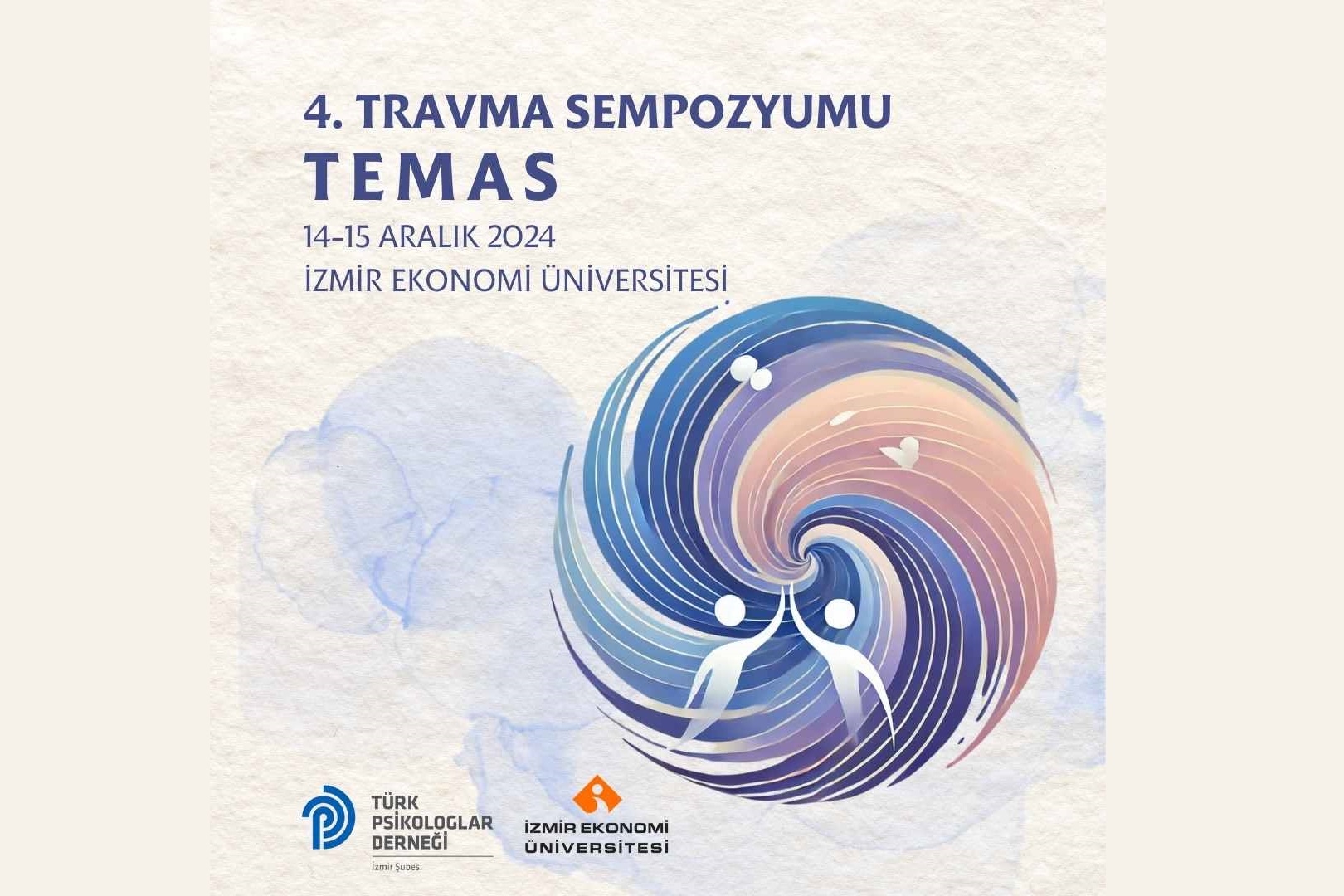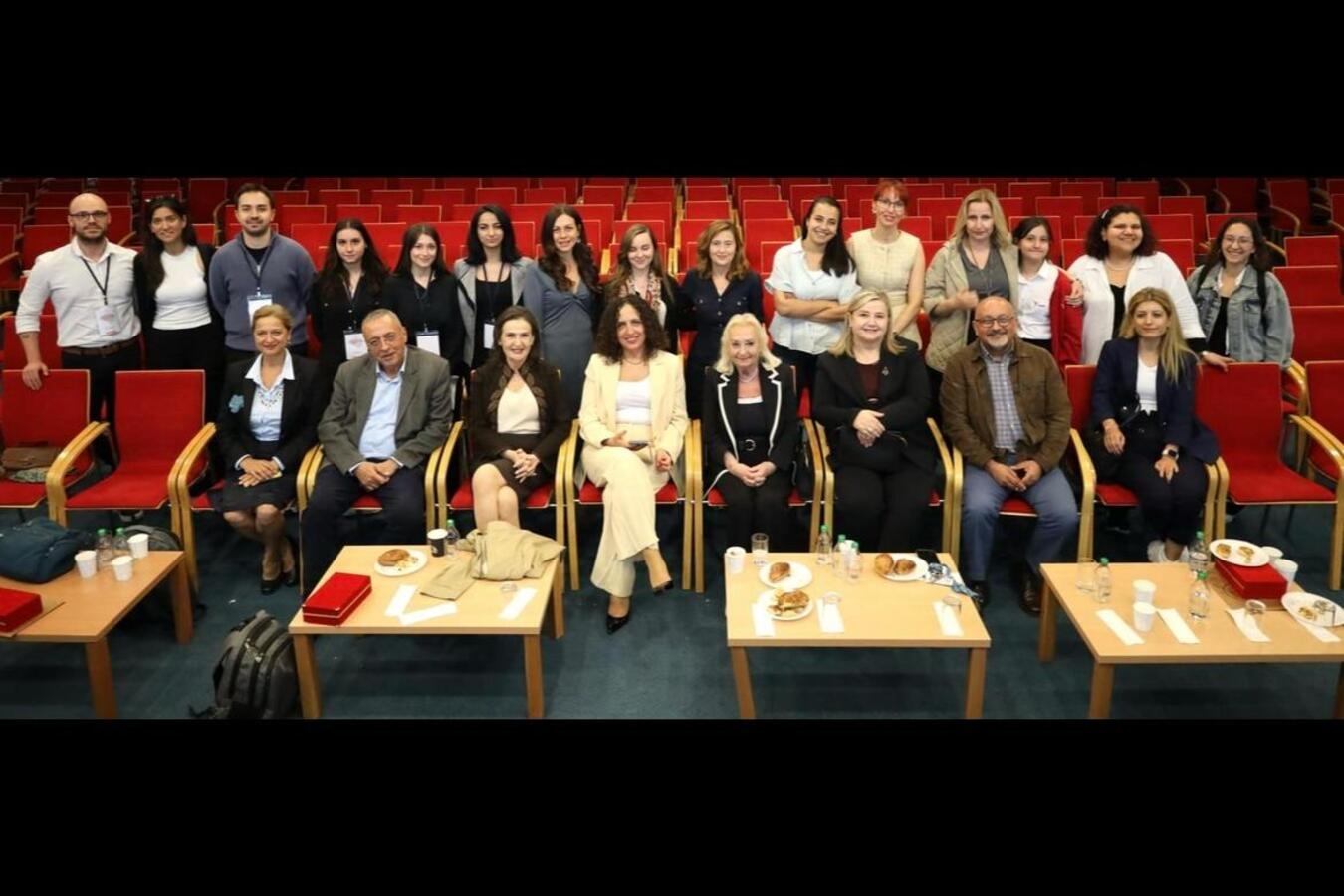
Discover IUE’s Graduate Programs in Detail!
Would you like to learn more about our Master’s and PhD programs? By attending our information session, you can: Speak directly with ...

Seminar Series on Psychotherapy
We are pleased to announce the upcoming event in our “Seminar Series on Psychotherapy,” organized in collaboration with the Psychology ...

TÜBİTAK 2209-A Research Support for Psychology Students!
Within the scope of the TÜBİTAK 2209-A Research Projects Support Program for Undergraduate Students, which encourages active participation of university ...

We Successfully Completed the IVth Trauma Symposium!
The IVth Trauma Symposium, organized by the Turkish Psychological Association İzmir Branch Trauma, Disaster, and Crisis Working Group in collaboration ...

“Step by Step Psychology 4: A Journey from Psychology to Neuroscience” Symposium Concluded
The Faculty of Arts and Sciences - Department of Psychology at Izmir University of Economics successfully held the symposium titled ...

Take Action and Renew
Assoc. Prof. Dr. Nevra Cem Ersoy, a faculty member in the Department of Psychology at Izmir University of Economics (IUE), ...

Psychological Support for Izmir
The Psychology Research and Application Center (PUAM), established by Izmir University of Economics (IUE) to provide services under the best ...

Emotional aftermath of an earthquake in children
Two earthquakes with a magnitude of 7.7 and 7.6, the epicenter of which were in Kahramanmaraş and caused destruction in ...








